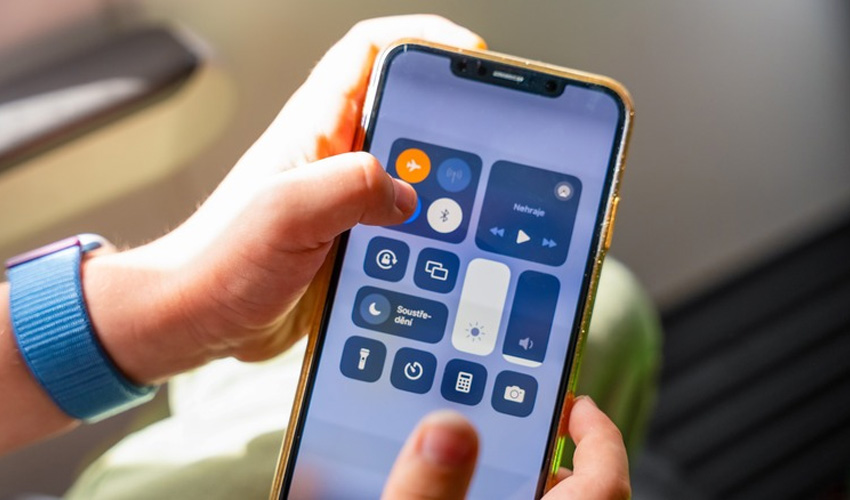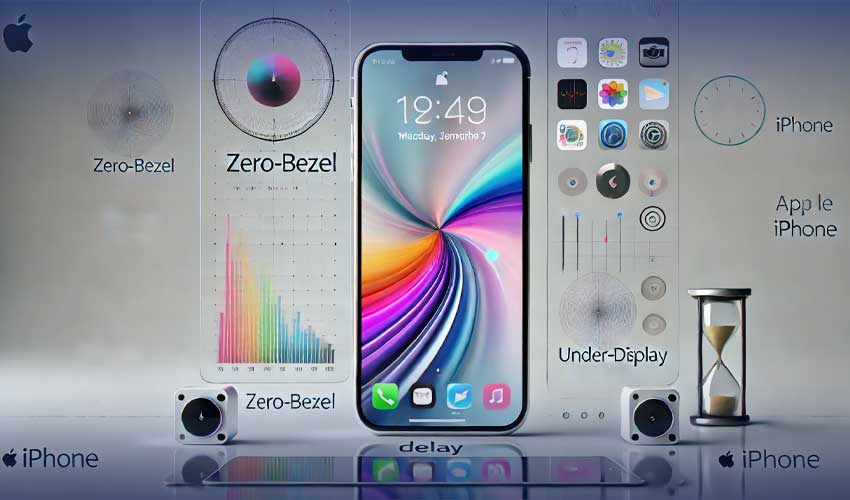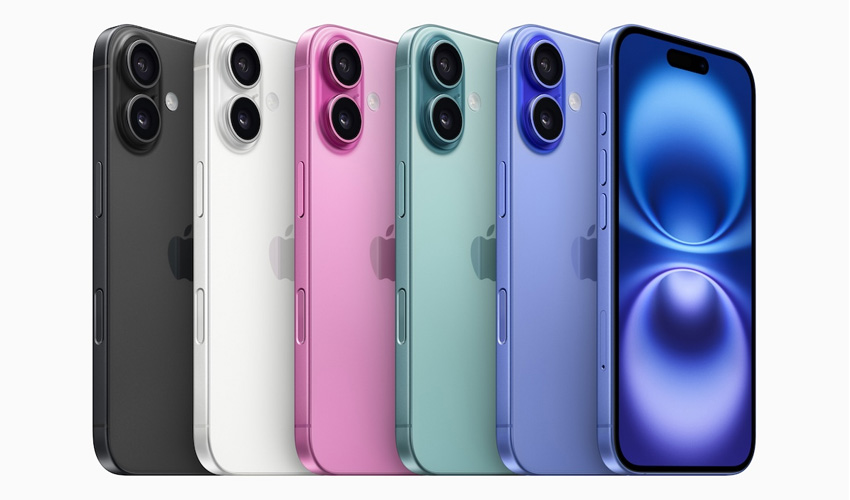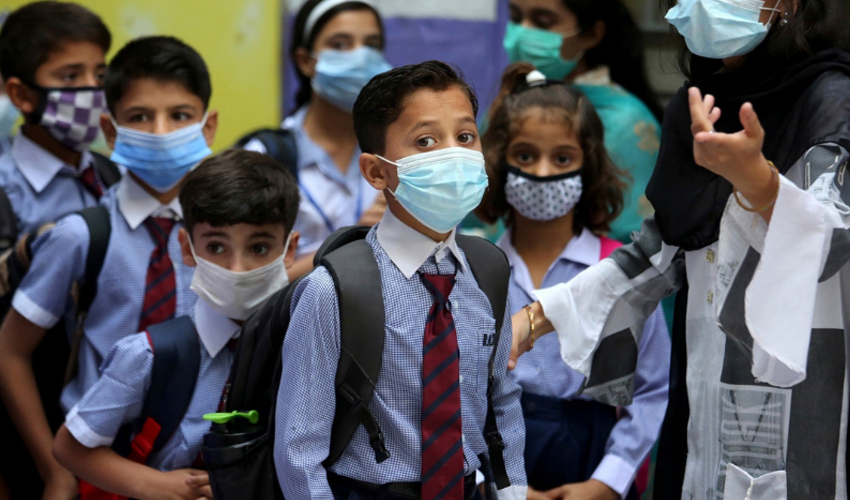Smartphones have become an essential part of modern life, but myths about how to use and care for them persist.
These misconceptions range from mildly annoying to downright dangerous. Let’s debunk 12 of the most common smartphone myths once and for all:
-
Rice saves a water-damaged phone
Putting your wet phone in rice is ineffective and potentially harmful. Experts agree that leaving the phone on a counter to airdry is faster and safer.
Rice can even leave residue inside your device, causing further damage.
-
Closing apps saves battery life
Manually closing apps doesn’t save battery; it may use more energy. Both iPhones and Android devices are designed to manage background apps efficiently.
Instead, adjust background activity settings to conserve power.
-
Charging overnight harms your battery
Modern smartphones have optimized charging features to prevent overcharging. They stop charging at 80% and complete the charge closer to your wake-up time.
Focus on keeping your battery between 20% and 80% for optimal longevity.
-
Only same-brand chargers are safe
While using high-quality chargers is essential, same-brand accessories are no longer a must. Trusted third-party brands provide reliable alternatives.
Avoid cheap or unverified chargers, especially for fast charging needs.
-
Apps from official stores are always safe
Even the Google Play Store and Apple App Store occasionally allow malware to slip through.
Check app reviews and avoid apps that seem suspicious or have poor ratings to protect your data.
-
More megapixels mean better photos
High megapixel counts don’t guarantee better photos. Image quality depends more on processing and sensor quality.
Choose a phone that produces photos you like, not just one with the highest megapixel count.
-
Airplane mode speeds up charging
While airplane mode slightly reduces energy consumption during charging, the difference is negligible.
Modern phones charge quickly enough without sacrificing functionality.
-
Blue light keeps you awake
Research shows that screens—regardless of colour—disrupt sleep patterns. Blue light isn't the sole culprit.
To improve sleep, reduce screen time before bed and engage in relaxing activities instead.
-
5G Is harmful
There’s no evidence that 5G poses health risks. Extensive studies show that electromagnetic radiation from mobile networks is not harmful.
Focus instead on proven threats like UV exposure.
-
Public Wi-Fi is unsafe
Modern encryption standards make public Wi-Fi safer than it used to be, but risks still exist. Avoid logging into sensitive accounts and watch out for fake "evil twin" networks.
A VPN can add an extra layer of security.
-
Phones must be in airplane mode on flights
Cellphone signals don’t interfere with plane instruments, but airplane mode prevents annoying signal artifacts for pilots and conserves your phone's battery by stopping it from searching for signals.
-
You don’t need to restart your phone
Restarting your phone occasionally is essential. It helps clear cached data, fixes minor glitches, and improves performance.
A weekly reboot is recommended for optimal operation.
Knowing the facts about smartphones can help you get the most out of your device while avoiding unnecessary risks.



























